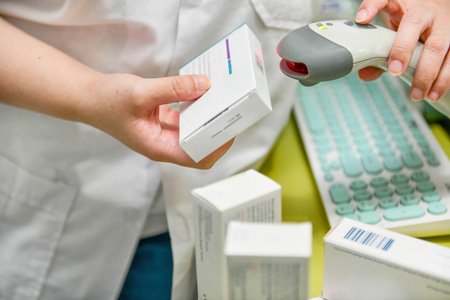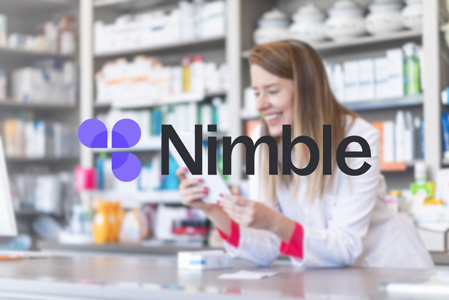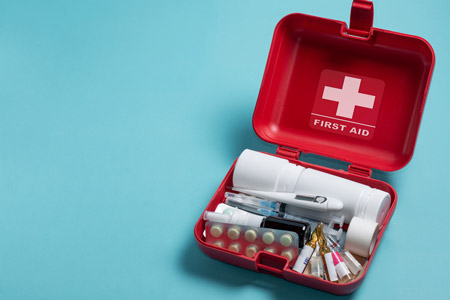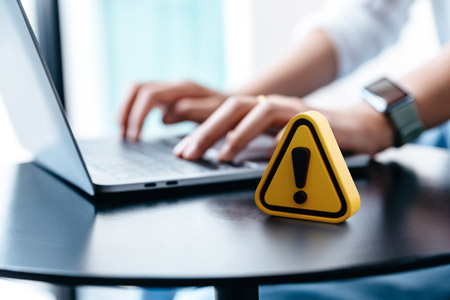


How to Spot and Prevent Common Health Scams
Over the past few decades, our world has grown more interconnected than ever before thanks to the internet. While the World Wide Web lets family and friends connect from far away, enables us to access information quickly, and so much more — it’s also opened the door for scammers to reach you in new ways.
One of the most prevalent types of scams on the web are health scams. From phishing attempts claiming to be from your insurance providers to “miracle” products that promise quick results, it's important to know what’s real and what’s not. Here are some easy tips to help you spot and avoid common health scams.
Is It Too Good to Be True and Time-Sensitive?
If a product promises to cure many different diseases or chronic conditions all at once — it’s likely a scam. Real treatments your provider would recommend are based on years of research and don’t work for everyone the same way. Be careful with claims that sound like a miracle.
In the same vein, if you’re being sold a treatment that is “running out soon” or only available for a limited time, that’s never a good sign. Scammers often try to rush you. This creates urgency, making people feel they need to buy right away. While sometimes there are limited quantities of legitimate medications, a real provider or healthcare company will probably never use “act fast” language to get you onboard with a new treatment.
Is It Backed By Real Science and Endorsements from Credible Organizations?
Trustworthy health products are backed by studies from well-known sources, like government health websites or respected medical journals. If you can’t find information from a reliable source, it’s best to avoid the product or talk to your provider before making a purchasing decision.
You may be surprised to learn that even supplements like vitamins aren’t vetted by the U.S. Food and Drug Administration, so it’s important to take claims on labels and packaging with a grain of salt and always ask your doctor what might be helpful for you to try.
Is Something Off About The Email You Just Got?
Today’s scammers have gotten incredibly advanced with their methods to take your money and information. Always be careful when opening emails — they can look like the real deal but may not be. Here are a few things to check when opening emails that claim to be from your insurance company or provider:
- Do the sender’s email address and profile name match? To check, hover over the sender’s profile name
- Is the sender’s email from a suspicious site rather than the normal sending domain for that organization? (For example, InsuranceCompany-support.com or 056-InsuranceCompany-User.com)
- Is the subject line odd, with unusual punctuation, spelling, or special characters?
- Is the email asking for personal information, passwords, or other identifying information?
If you think something seems off about the email, never click on links or buttons within the message. When in doubt, report the email as spam and reach out to the official contact channels for your insurance company or provider to check if they did in fact send that email.
Whenever you think you may be encountering a potential scam, your healthcare provider is your best resource. Before trying a new health product or giving away sensitive health information online, talk to them. They can help you decide what’s safe and what could be harmful.
Health scams can cost you money, risk your privacy, and harm your health. By staying alert and checking with experts, you can avoid falling victim and stay on the path to real wellness.
The information on this site is for informational purposes only and should not replace direct medical advice, diagnosis, or treatment from your doctor or another qualified healthcare provider.
Sources:
“Facts about Dietary Supplements.” U.S. Food and Drug Administration.


.jpg)
.jpg)
.jpg)


















.jpg)





















.jpg)

















.jpg)


























.jpg)
.jpg)
.jpg)









